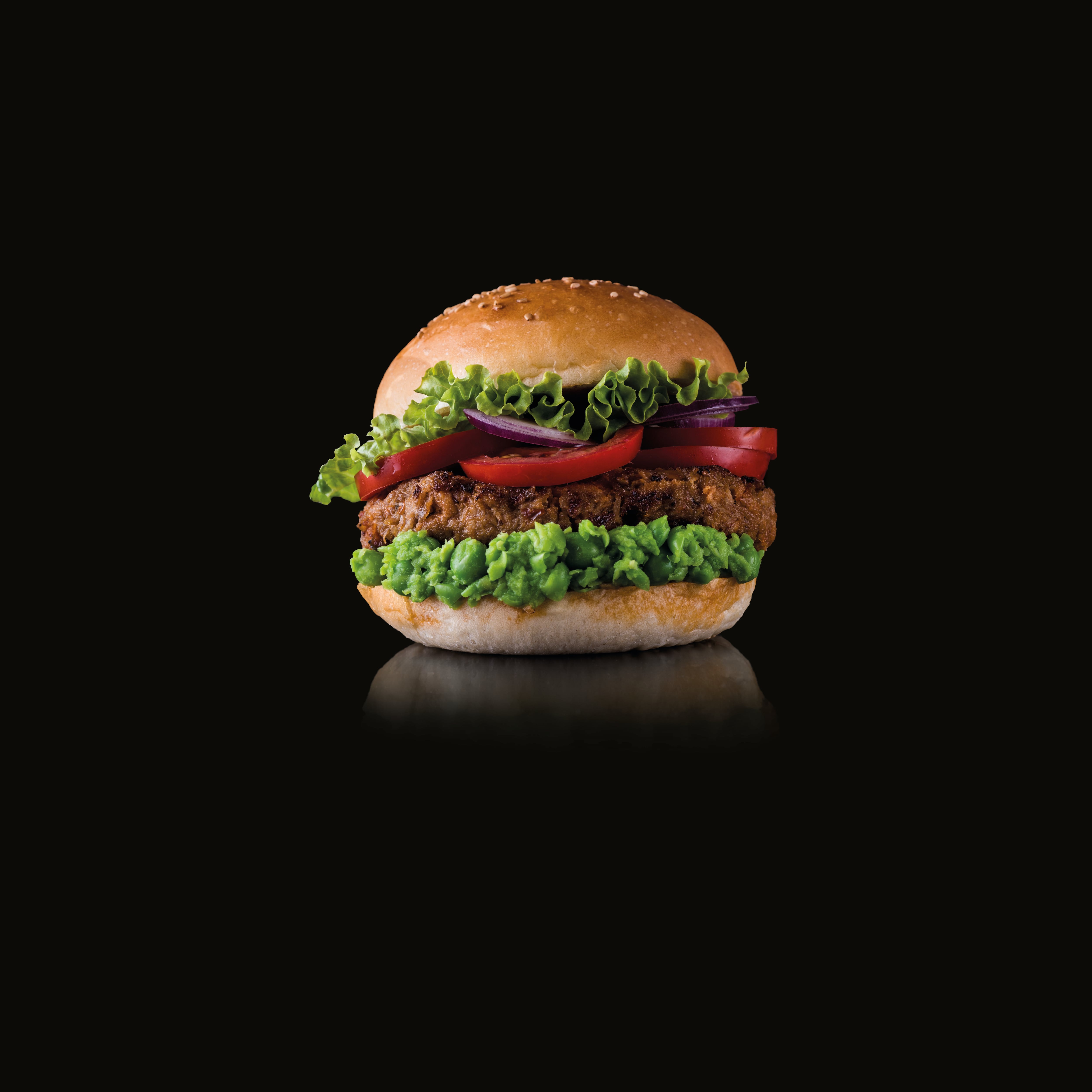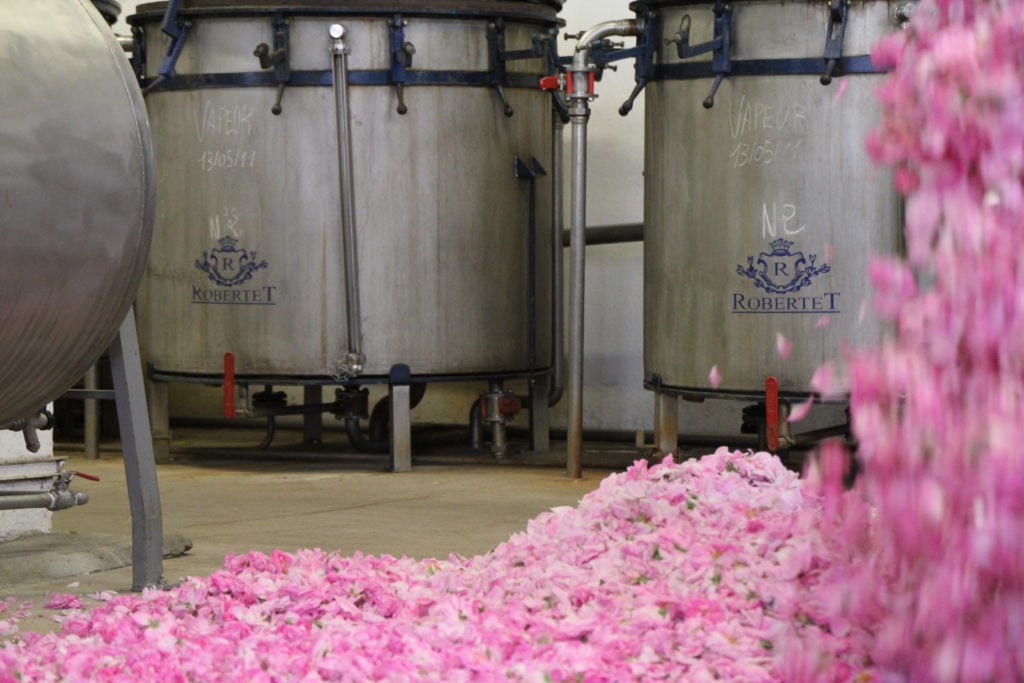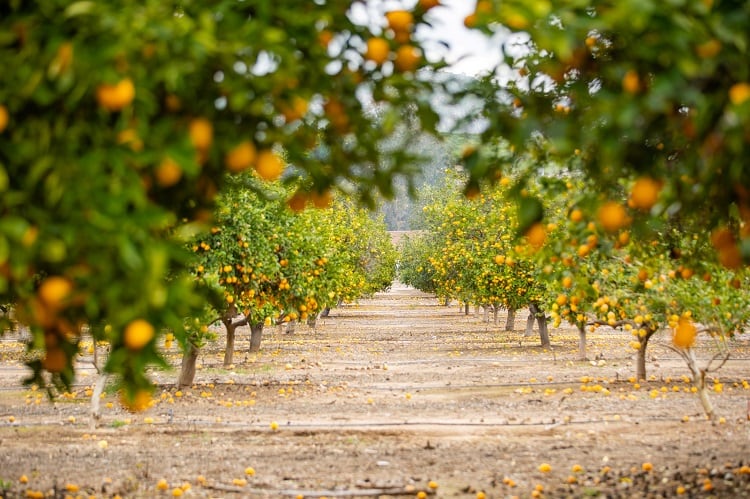However, that figure masks the fragmentation occurring in the sector, according to Jamie Rice, Director of Food Trends and Insight at FoodTrending, which offers food market intelligence to clients, enabling them to make better informed decisions, whether that’s strategy, entering new markets or developing new products.
He tells FoodNavigator that while the natural flavours market is flourishing thanks to rising numbers of consumers willing to pay more for ingredients and products they perceive as being healthier, disruption in the sector presents a double-edged sword for companies.
"The food and beverage industry is quite a slow-growing beast when you look at the total market picture. In terms of value, we're only seeing around 2% growth in what people spend on food and drink around the world per year," he said. “But when we look at naturals and natural flavours and the different technologies around that area, we start to see growth of around 9-10% y-o-y.”
Flavour explosion
Driving the growth is the continuing shift in consumer demand away from synthetic towards natural ingredients in an ever-growing array of food applications.
“50 years ago, you could have added a synthetic flavour to a soft drink or a confectionery product that would have been relatively inexpensive to do,” said Rice. “Now we're broadening our definitions of natural flavours to include things like extracts and seasonings and marinades and stocks because to us that's all part of how consumers are looking for their food to be naturally flavoured.”
Natural flavours, meanwhile, “require more technology to produce and they become more expensive - so this drive to have natural is adding value to the flavours industry".
The soft drinks industry is a great example of one that has been transformed by natural flavours over the last 20 years. “We've gone from a few simple carbonated, cordial type products to a whole array of natural waters and juices and botanical drinks which command a much higher price premium over the traditional products.”
Snacking and meal replacements are other areas set for transformation, Rice believes. “One area we find exciting is the snacking and meal replacement area. Snacking has become a lot broader for the industry and there are very blurred lines between what is a snack and what is a meal. That's going to be a big driver in natural flavours over the next three to five years.”
Fuelling it could be innovations in new channels to market. “There's going to be some quite exciting industry new innovations in getting food and beverage products to the consumer…they are prepared to pay to have that convenience of food and drink delivered to them made in a personalised way through personalised shakes and protein-based body building programmes. I think that's another area that will develop in future.”
Capitalising on disruption
All this growth potential brings challenges, too though. One is the technical test of producing natural flavours, which has led to fragmentation in the flavours space. “It's actually become a lot more complicated, not just for the food manufacturing industry, but also for the flavour houses that supply that industry - that's why we've seen a lot of the big flavour companies embark on quite a big acquisition trail to buy companies that produce these stocks and concentrates and juices and the like, to satisfy the demand they're seeing from their customers,” explained Rice.
Last year saw Spanish ingredients supplier Iberchem acquiring two new flavour houses, along with the merger between DuPont Nutrition & Biosciences and International Flavors and Fragrances (IFF) to create a €40bn nutrition and flavour business; Firmenich’s 17% stake in French fragrance and flavour supplier Robertet; and Givaudan’s purchase of US fragrance and flavour house Ungerer.
“The biggest challenge is fragmentation - there's no longer one or two big companies you can rely on to supply huge amounts of volume of flavour,” continued Rice. “We're seeing the share of the big companies eroded and we're seeing a lot of these innovative new manufacturers not only taking share of the market but also taking share of the value in the marketplace [by commanding a higher price].”
So the challenge for some of the big flavour houses is reaching out and producing flavours for more customers at smaller volumes. “These companies are not going to buy at the levels of Unilever or Nestle. They're going to be buying much more specific flavours and flavour solutions in much smaller quantities but a much higher value per quantity.”
Another challenge is the nimbleness companies need to respond to the splintering in demand. “Some customers will be looking for high-end, quality, sustainably sourced, organic flavour materials,” observed Rice. “Other customers will simply be looking for the cheapest possible flavour solutions. The successful flavour companies we see look at the market in three ways to really understand their customer; what their products do and what their applications are and how the products are going to be used by the manufacturer themselves.”
A piece of cake?
Rice concludes by characterising the flavours market as offering huge opportunity, but in smaller pieces. Not so much a huge pie to bite from, but many smaller, different tasting ones from which to choose.
"The theme of the data that we look at is that the growth is there, but the challenge is that it's not just one big pot of growth, it's lots of small pots of growth - how are you going to adapt to that? It could be via game changing technology that you’ve got that can tap into all these different pots, or it could be you decide to focus on a few growth areas and really get the value out of those. The challenge is deciding what strategy is right for you.”
Jamie Rice will be presenting at the FlavourTalk Raw Materials Exhibition and Conference in Amsterdam on 11 March 2020





